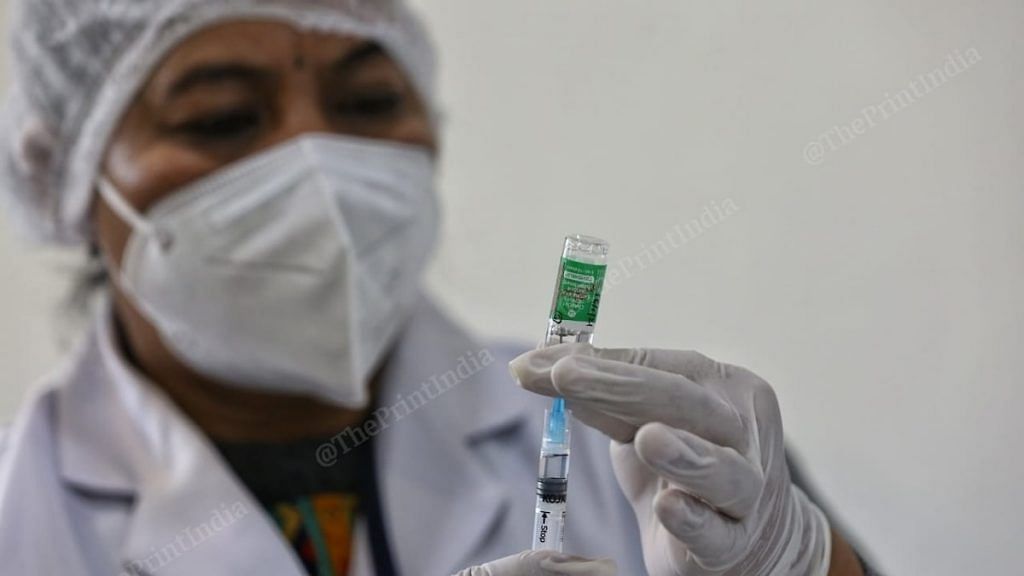New Delhi: Monoclonal antibodies, which were considered to be a viable treatment for Covid-19, are failing to perform against mutant strains of the novel coronavirus, the Guardian reported Tuesday.
Monoclonal antibodies are antibodies generated out of a B-cell clone. In other words, these are man-made proteins made to mimic the body’s immune response to a pathogen.
The treatment came under the spotlight when it was administered to former US president Donald Trump in October 2020, who ultimately recovered from the virus.
Trump was administered an antibody cocktail by Regeneron Pharmaceuticals, one of the three firms testing out the treatment — the other two being Eli Lilly and GlaxoSmithKline.
Nick Cammack, who leads the Covid-19 therapeutics accelerator at global health charity Wellcome Trust, told the Guardian that while the drug seems to work against the older strains of the virus, challenges emerged when mutant strains from the UK, Brazil, and South Africa started circulating. The latter two have affected the development of effective monoclonal antibodies particularly.
“So basically, most of the front-running antibody therapies for Covid which are the front-running therapies for Covid, I should say — so the great hope — are lost to the South African and Brazilian variants,” he told the British daily. “The changes the virus makes in its spike proteins actually throw off these antibodies,” he added.
Also read: GlaxoSmithKline, CureVac team up to develop vaccines to tackle Covid variants
Why the treatment isn’t working
The monoclonal antibodies were made to target the spike protein of the novel coronavirus. However, this is the region of the virus that has changed the most.
“I think it’s pretty clear, whilst we’ve seen South Africa, UK and Brazil variants, there will be others. And we need mass sequencing, genetic sequencing of the virus around the world, which will reveal where the changes are made and also reveal where conserved regions are,” Cammack told The Guardian.
He added that researchers would need to find “conserved” regions of the virus that will not mutate, but till then, “we’re somewhat back to square one honestly”.
Monoclonal antibodies were deemed a promising treatment for Covid because they can be engineered to target specific regions of the pathogen. Wellcome has said in another report that monoclonal antibodies can complement a vaccine since they take effect immediately after being administered.
Last month, both Regeneron and Eli Lily found that their antibody treatments worked to prevent Covid illness during a clinical trial.
Monoclonal antibodies, which have also been in the treatment of various cancers, are, however, expensive and complicated to produce.
Also read: How Bharat Biotech & Covaxin got caught in a swirl of controversy
